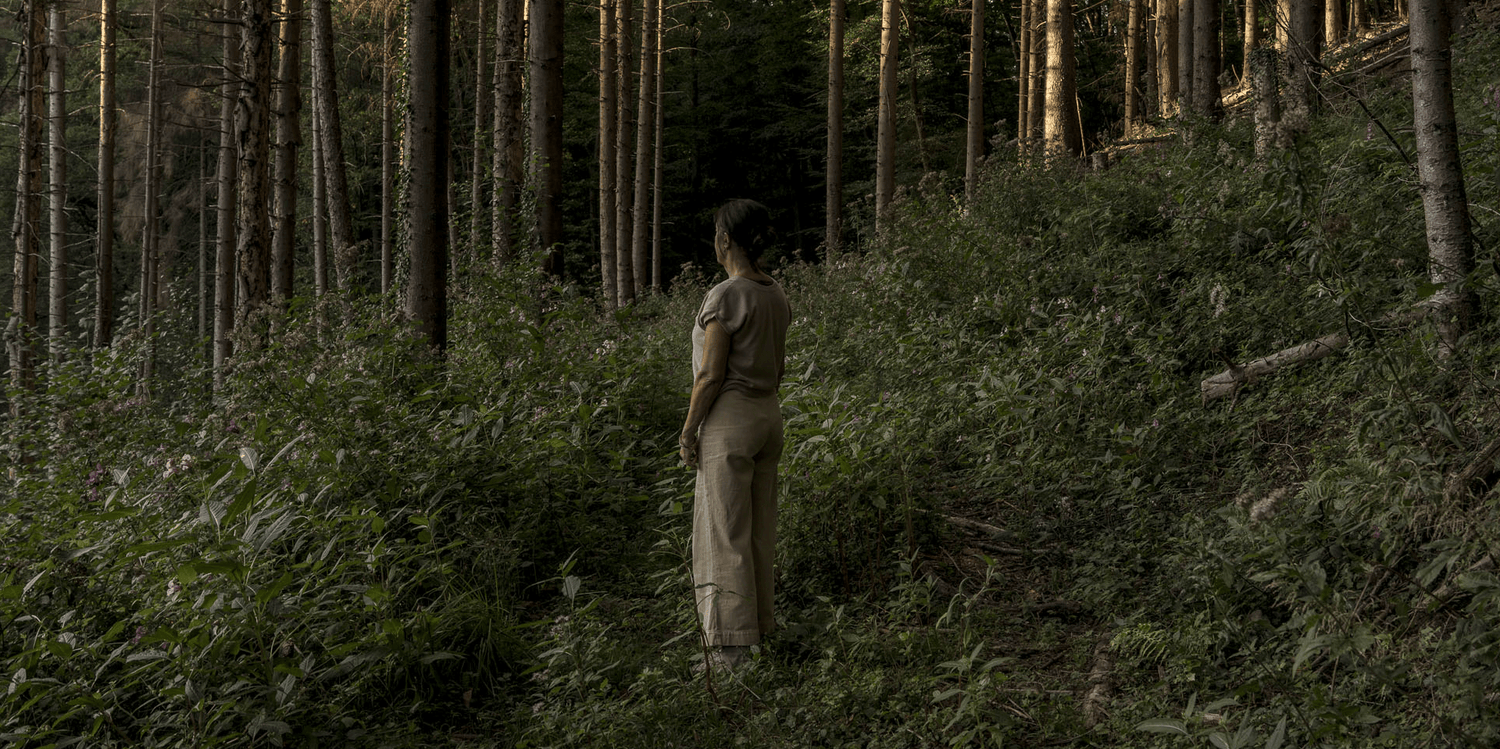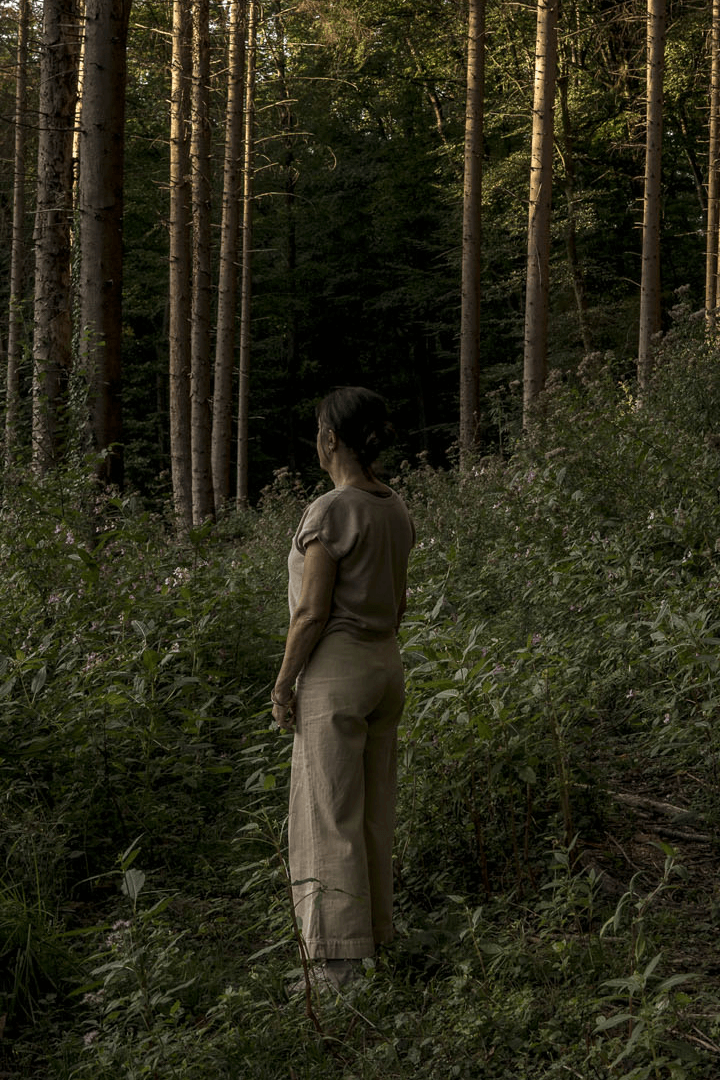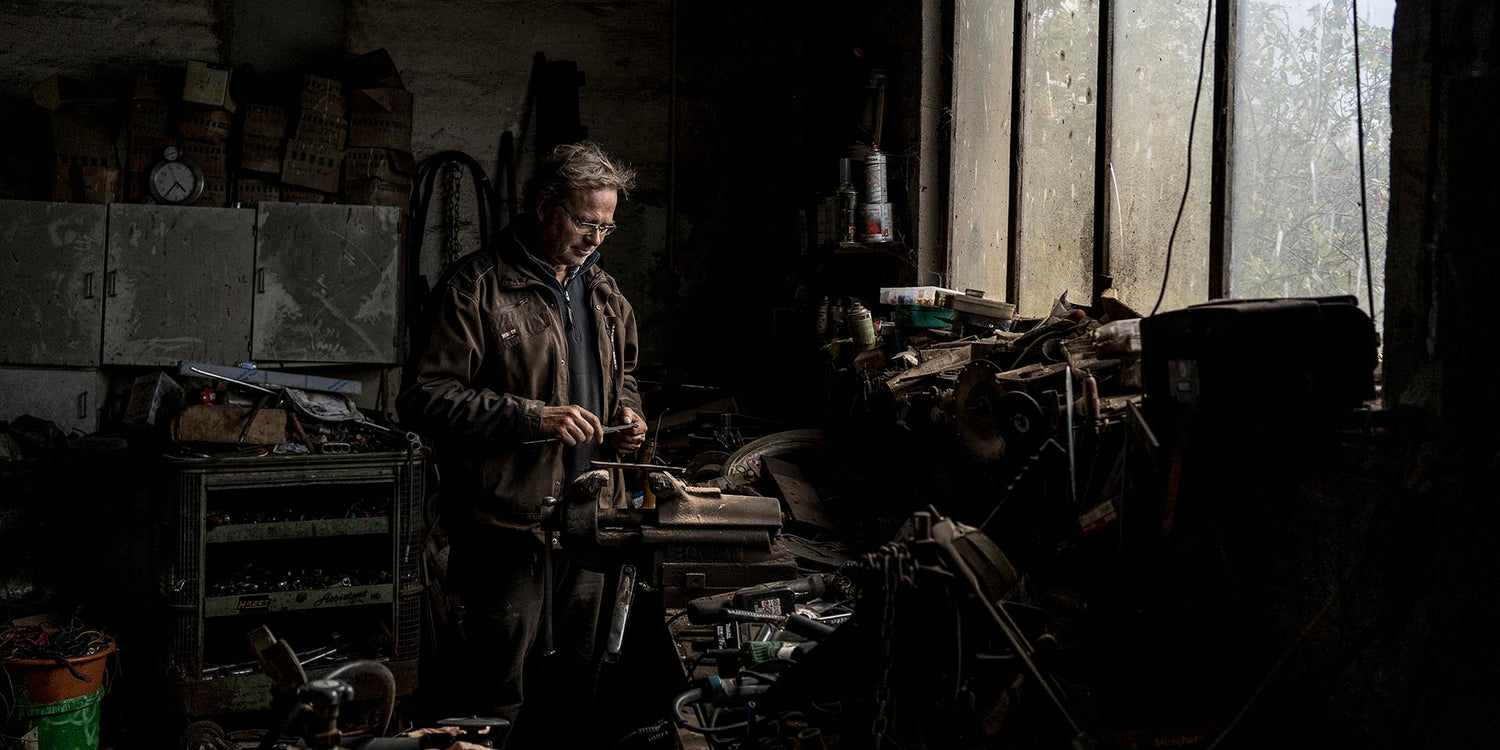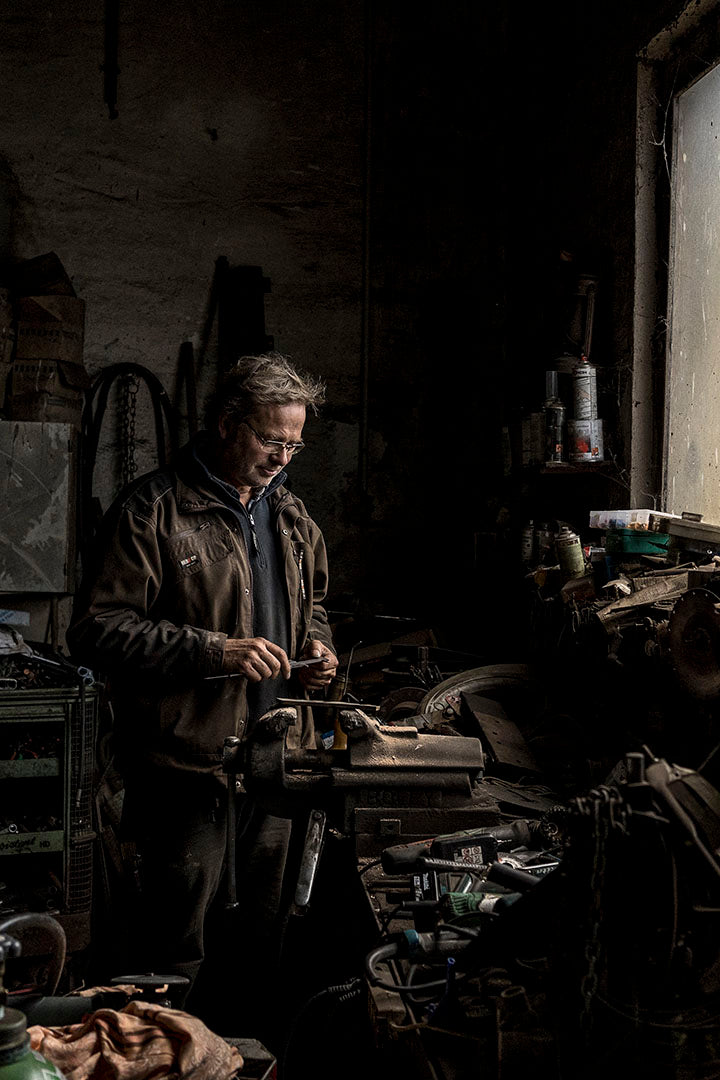Our vision for regenerative sustainability.
If you’re waiting for perfection, you might never take the first step. That’s why we risk making mistakes. We fail, we stumble, we sometimes go astray – but we’d rather be moving forward. This may not mean that we do everything right, but it does mean that we do a lot of things better. We see it as our responsibility to leave the world a better place and with more diversity than we found it. Which simply means that we want to achieve “more” – more natural spaces, more diverse ecosystems, more fertile soils.
We want to achieve a stabilized climate and greater social equity. And this kind of regenerative sustainability – with equal consideration for economic, ecological, and social issues – calls for people who actually want to pursue and realize a vision such as this.
“Fail, fail again, fail better.“
Samuel Beckett
True partnership begins with listening.
To have a positive impact along the supply chains, we need to change the way we make decisions. Engaging in dialogue with different stakeholders, especially the ones that have been historically underrepresented, helps us understand the supply chain challenges in a holistic way and work together to develop new ways to tackle them. Instead of taking the traditional top-down approach, we want to work collaboratively with our partners on sustainability issues. That’s why we launched the “Impact Collective” initiative with our partners in Portugal in January 2022. The initiative serves as a platform for learning from each other, sharing ideas, discussing challenges, and working together to generate solutions that benefit all stakeholders.
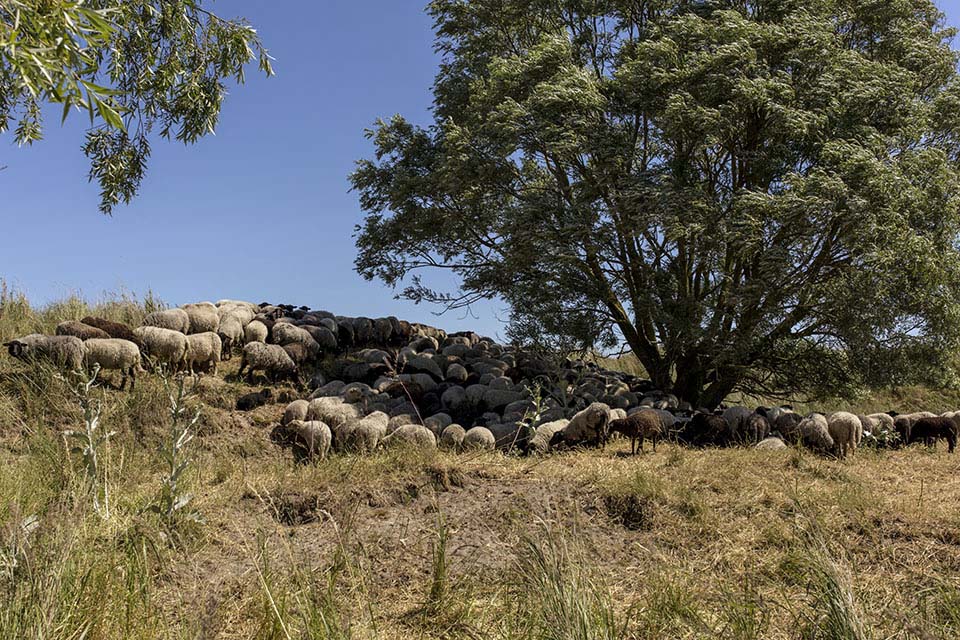
Nordwolle from Rügen, Germany.
For years we have been equipping the winter Wildling Shoes models with a lining from our partner company on the island of Rügen. That makes them not only exceptionally warm, but more importantly, transparent. Because collaborating with Nordwolle has always afforded us a view into a largely transparent supply chain – from the harvesting of resources from the gray-wooled Pomeranian Coarsewool sheep to the loom in Germany’s oldest clothmaking mill.
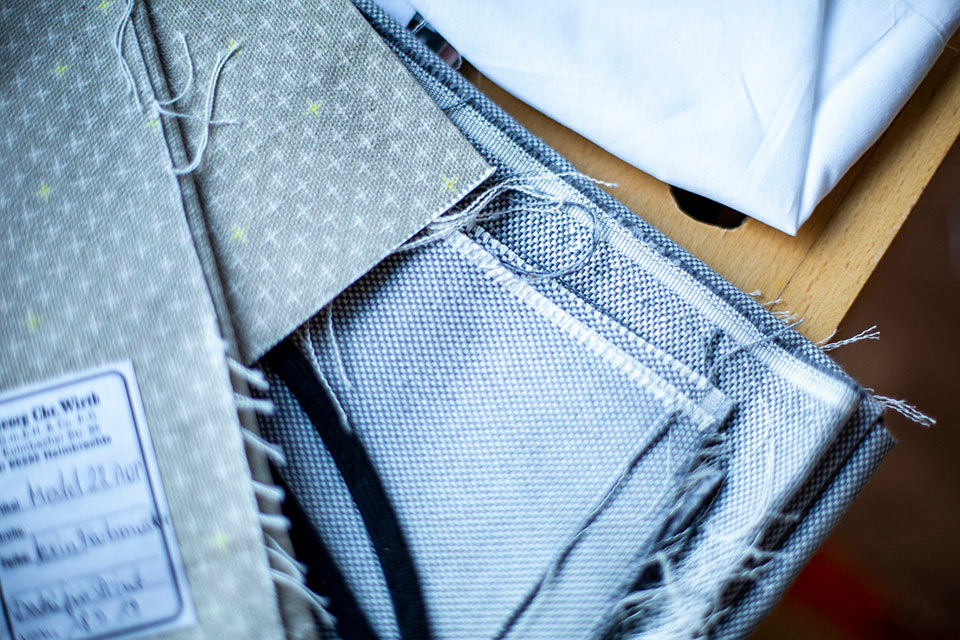
Responsible use of cotton.
Conventional cotton cultivation is criticized for its heavy water consumption and the working conditions in the downstream production processes. Yet cotton offers some ideal attributes, particularly for shoes: It’s a natural material that has a long service life, and with proper processing, it’s highly durable. For the time being, we don’t want to replace cotton, nor can we. That’s why we make the best of it, for instance by using single source cotton. In addition, we also process recycled cotton, which doesn’t require a new raw material to be farmed in the first place.
Back to hemp.
When it comes to materials, hemp is hard to beat: It consumes less water compared with high-yield cotton, it doesn’t require a lot of pesticides, and depending on the growing method, hemp can improve soil quality because it releases more nutrients than it consumes. So why not replace cotton, and its heavy water use, with hemp?
Unfortunately, because hemp has been vilified and banned for various reasons, active use of this versatile plant came to an abrupt end in many parts of the world. As a result, a wealth of knowledge was lost relating to aspects such as proper cultivation methods, breeding, and processing steps.
Consequently, our challenge as a company based in Europe is: We first need to re-establish a functioning local supply chain for hemp fibers and textiles that meets our standards for durability and comfort. To this end, we have teamed up with a number of partners:
Together with our friends from the Peetzig farmstead, we’re testing whether the hemp straw from the farmstead can be used for Wildling shoes. We also support the French cooperative Virgocoop.
Virgocoop is a rallying point for growers, processors, and buyers, and seeks partners and investors in machinery that can extract hemp fiber of the best, longest, and finest possible quality for use as long fibers in yarns. In short, Virgocoop aims to close all of the remaining gaps in what could be a European hemp value chain.
